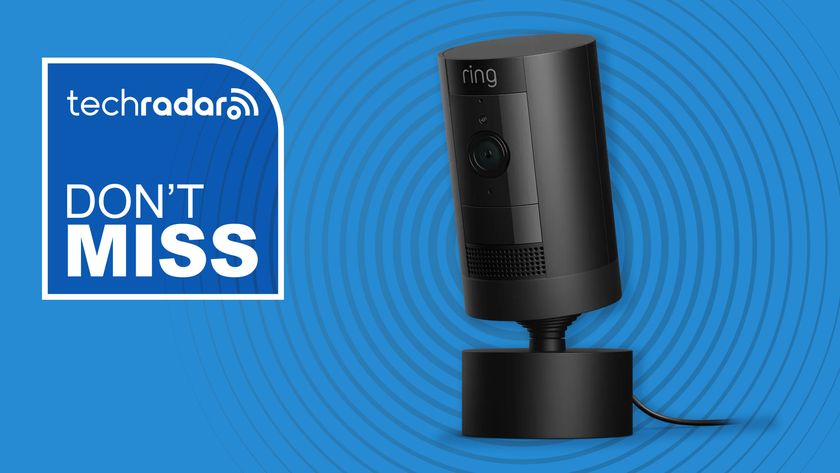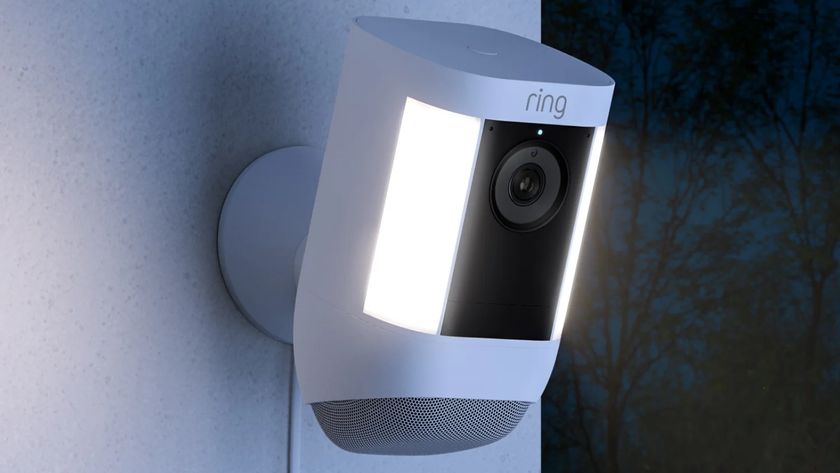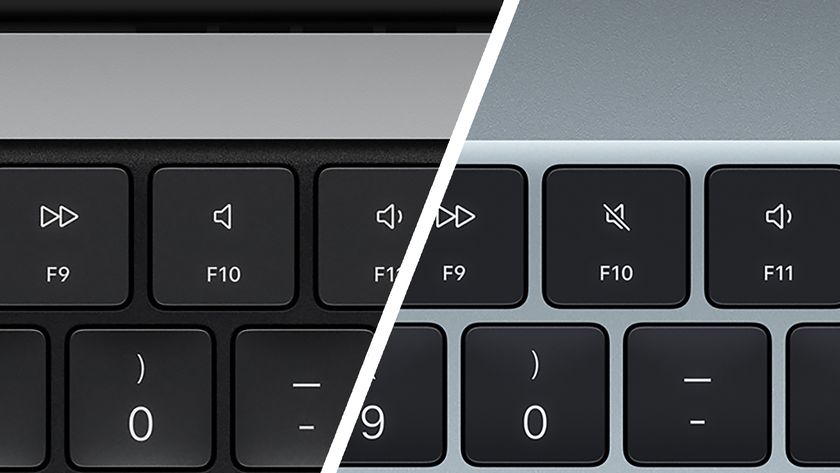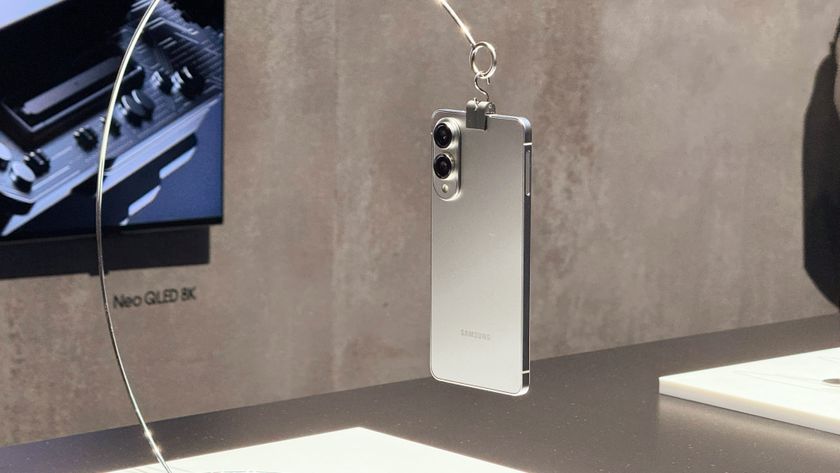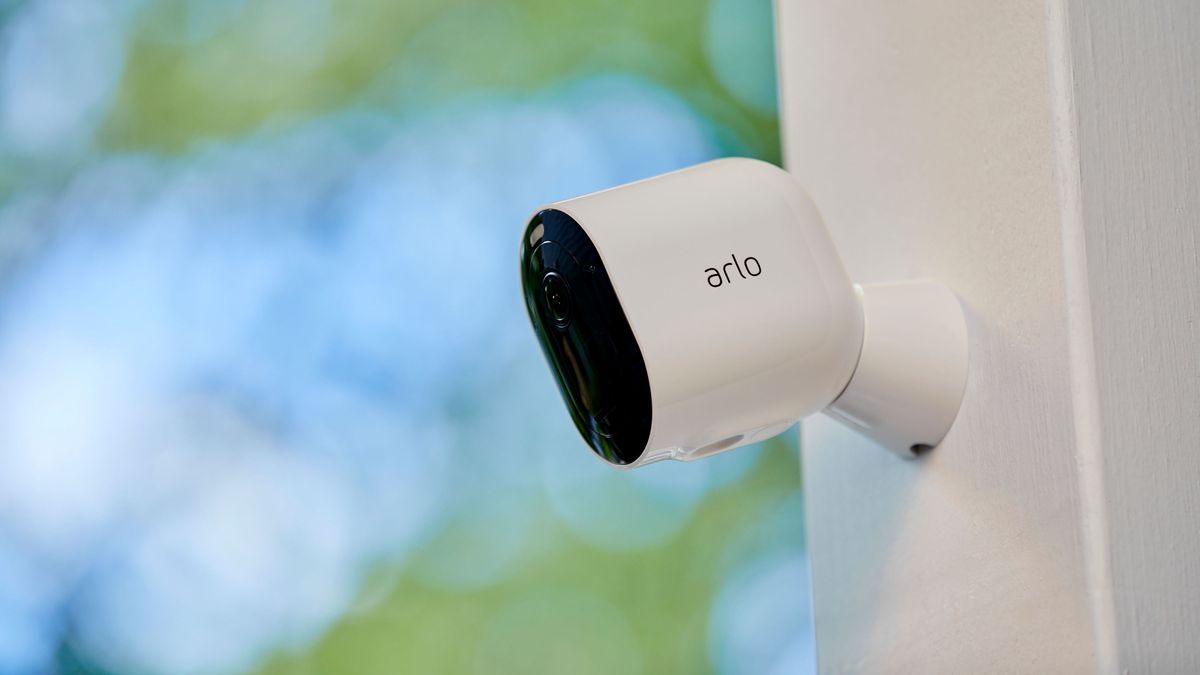
Arlo is introducing two brand-new smart security cameras to its lineup today – the new Arlo Pro 4 and Arlo Ultra 2 which offer either a 2K or 4K resolution, respectively, with a six-month battery life for both.
The big change this time around is that the Pro 4 will be a standalone camera – i.e. you won’t need an Arlo hub in order to use it – while the Ultra 2 now offers improved range, making it a great pick for large properties. Unfortunately, it sounds like the latter still needs a hub to use.
Both cameras are wire-free and are powered by a rechargeable battery, and they work with most major smart home platforms including Amazon Alexa, Google Assistant and IFTTT.
A standalone Arlo Pro 4 will cost $199.99 while the Arlo Ultra 2 will be available in one-, two-, and four-camera kits with the hub starting at $299.99.
Arlo Pro vs Arlo Ultra: what’s the difference?
Mostly, it all comes down to resolution. The Pro series has always been the more affordable of the two, and therefore makes some compromises in resolution and field-of-view, but otherwise shares most of the same features.
Namely, those features include Arlo's neat Color Night Mode feature that uses a proprietary algorithm to recreate color details in clothing to help identify possible intruders, and it's got a high level of weather-resistance to boot.
We're big fans of both the Arlo Pro 3 and Arlo Ultra, so we have high hopes for their successors. Both cameras are going up for pre-order on Best Buy and Arlo's website, while the Arlo Ultra 2 will be available on Amazon and Costco.
Get daily insight, inspiration and deals in your inbox
Sign up for breaking news, reviews, opinion, top tech deals, and more.
- Looking for a decent Arlo alternative? Don't miss our review of the Anker eufyCam 2
Nick Pino is Managing Editor, TV and AV for TechRadar's sister site, Tom's Guide. Previously, he was the Senior Editor of Home Entertainment at TechRadar, covering TVs, headphones, speakers, video games, VR and streaming devices. He's also written for GamesRadar+, Official Xbox Magazine, PC Gamer and other outlets over the last decade, and he has a degree in computer science he's not using if anyone wants it.


